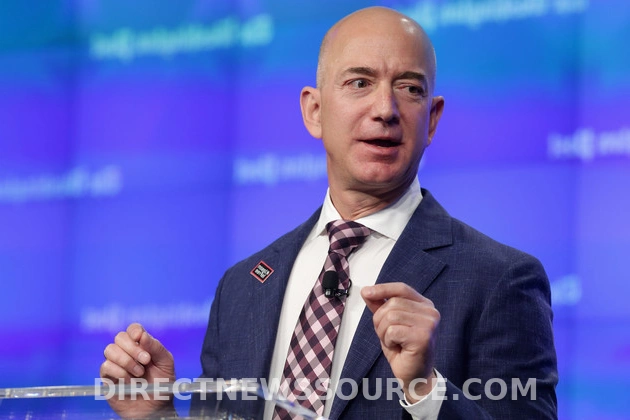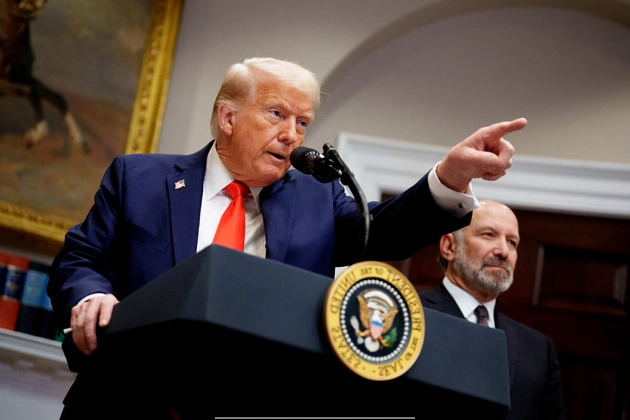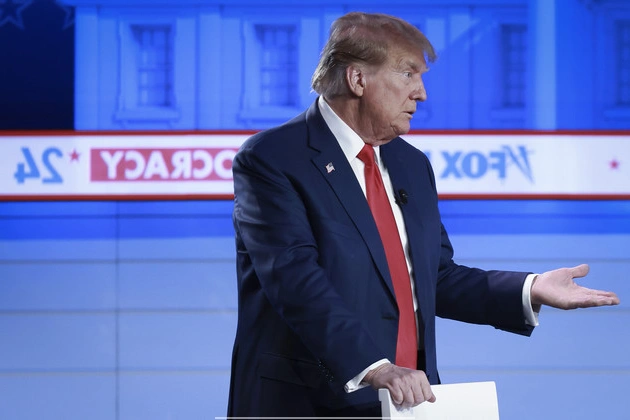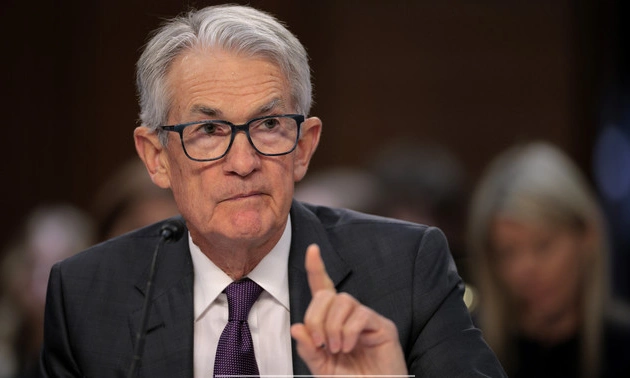
In the realm of economic policy, the debate on how to address the U.S.’s staggering $36 trillion debt has taken center stage. Prominent figures like Jeff Bezos, Larry Fink, and Scott Bessent advocate for turbocharging economic growth as the most effective strategy to combat this financial burden. However, historical trends suggest a challenging road ahead.
The Challenge of Sustainable Growth
Scott Bessent, emphasizing the urgency of the situation, labels this moment as the ‘last chance’ for the U.S. to grow its way out of debt without jeopardizing its economic structure. Larry Fink echoes this sentiment by highlighting the need for investments in artificial intelligence and infrastructure to spur growth and tame deficits.
Amazon founder Jeff Bezos underscores the necessity of expanding the economy by 3 to 5 percent annually while also reducing deficits to manage the debt effectively. Achieving this delicate balance has proven elusive for most modern presidents, with only a few achieving sustained periods of robust growth while curbing deficits.
The Trump Administration’s Approach
President Trump’s proposed economic strategy centers on lower taxes, increased energy production, regulatory reforms, and imposing tariffs to drive explosive growth and reduce the debt burden. However, safeguarding entitlement programs like Social Security and Medicare, the primary drivers of the debt, poses a significant challenge.
Experts caution that Trump’s ambitious growth targets may necessitate an unprecedented economic boom to make a substantial impact on the country’s fiscal challenges. While allies of the administration remain optimistic about the feasibility of these plans, skeptics question their efficacy in addressing the core issues at hand.
Navigating the Fiscal Landscape
Addressing the mounting debt requires a multi-faceted approach that goes beyond mere economic growth. Structural reforms, including adjustments to tax policies and entitlement programs, are essential to achieving fiscal balance. The Penn Wharton Budget Model suggests that significant changes in tax codes and healthcare policies could lead to substantial deficit reductions while stimulating economic growth.
Experts emphasize that sustainable economic growth hinges on comprehensive fiscal reforms that address the root causes of government spending. Simply relying on growth to alleviate the debt burden may prove insufficient in the long run.
Challenges and Controversies
The debate surrounding the U.S. debt crisis underscores the complexities of balancing economic growth with fiscal responsibility. Proposals to extend or repeal tax cuts, enhance government efficiency, and stimulate private investment are met with both optimism and skepticism.
While certain strategies hold promise, there is a consensus that incremental changes may not suffice to tackle the monumental challenges posed by the escalating debt levels. As economists and policymakers continue to grapple with these issues, the path to sustainable economic prosperity remains a subject of intense scrutiny and debate.















